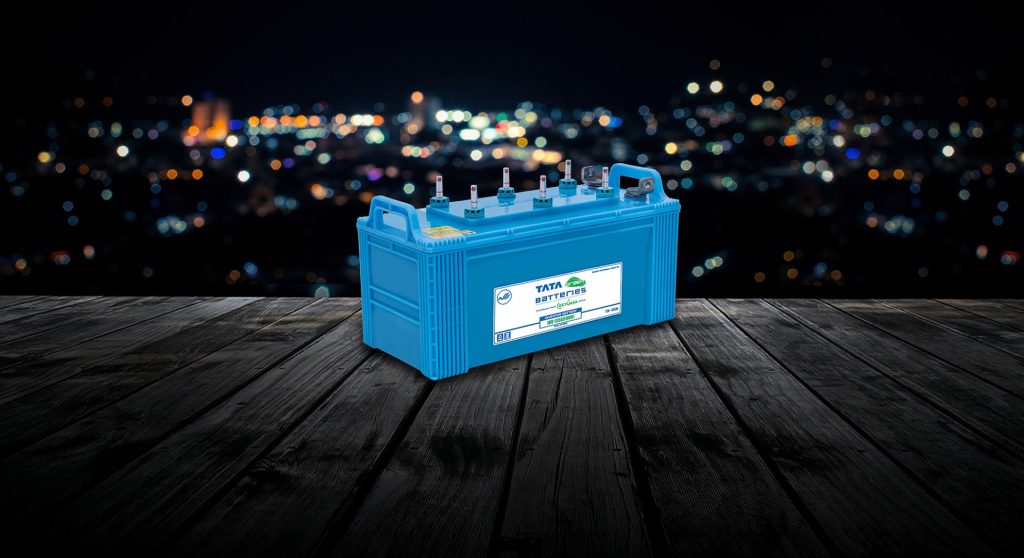You know how important a reliable battery is if you’ve ever been stuck in the middle of a summer evening with the fan off and the power out. Picking the greatest inverter battery isn’t as easy as just picking the first one the store owner shows you. You need to think about how much it costs, how much maintenance it needs, and how long you want it to last before it stops working.
So, what’s out there? Let’s walk through the main contenders.
Different Types of Batteries
- Tubular lead-acid batteries are the crowd favourite in Indian households. They strike a good balance between price and lifespan, hanging around for 5–8 years if you give them a little care, such as checking water levels every now and then. If you’re looking for the best inverter battery with zero fuss and want reliability without paying a premium, tubulars are often the best inverter battery choice.
- Flat plate lead-acid batteries, on the other hand, are the budget players. They are a cost-effective option for households seeking consistent backup without heavy investment. Modern flat plate batteries feature enhanced design and deep discharge capabilities. They deliver improved lifespan and performance compared to traditional flat plate models.
- Lithium-ion batteries are the ones that get things done without much noise. They sit quietly in a corner and don’t need much attention. They last long, are compact, and efficient, though your wallet will definitely notice.
What Really Matters in the Long Run
Capacity is an important point. For an average home, something in the 150–200 Ah range usually does the trick. Go higher if your house is buzzing with appliances. And don’t forget cycles; the more charge-discharge cycles your battery can handle, the longer it sticks around.
A good warranty is like a safety net. If a brand offers a long one, chances are they’re confident in their product. Just make sure whatever you pick actually matches your inverter’s requirements, or you’ll end up frustrated no matter how much you spent on the “best inverter battery.”
A Few Habits That Make a Big Difference
Once you have bought the best inverter battery, its long life and maintenance expenses will also depend on how well you take care of it.
- It’s important to store the battery in a cool, well-ventilated place to protect it from getting too hot or corroded.
- If you overcharge it or allow it to run out of power, you’ll need to buy a new one quickly. A modern inverter with safety measures can save your life.
- If you pick a lead-acid battery, remember the basics: clean the terminals, add water, and charge it after each use.
These small tasks can add years to the life of your setup. Even the best inverter battery won’t last up to its maximum capacity if you treat it badly.
How to Match the Right Battery to Your Needs
Now, before you sit down and get a battery that you feel is right, you also need to understand one primary thing. There are a lot of batteries in the market, some good and some not so good. But in the end, you have to pick a battery that works for you. For instance, if you live in an area where power cuts are like a once in a blue-moon event, then you probably don’t require a high-capacity battery.
However, if you live in a place where power cuts are frequent, you should definitely pick a strong inverter battery, such as a high-capacity tubular battery. It generally has low maintenance and has low discharge cycles.
To put it simply, you need to pick the battery according to your needs. Otherwise, you might end up getting a battery that is too powerful and waste money on it, or you get a battery too weak.
Conclusion
There isn’t a one-size-fits-all winner here. The best inverter battery for you depends on what you value most: lifespan, budget, or ease of upkeep. If you want a dependable one, tubulars have proven their worth in countless homes. At the end of the day, the best inverter battery is the one that keeps your lights on, fits your lifestyle, and doesn’t make you regret the purchase when the next power cut hits.
Remember, you should choose a battery that fits your needs and wants. A strong battery if you live in a power cut-prone area is the way to go, while if you live in an area that rarely sees power cut, a battery that lasts for 2-3 hours is enough.

